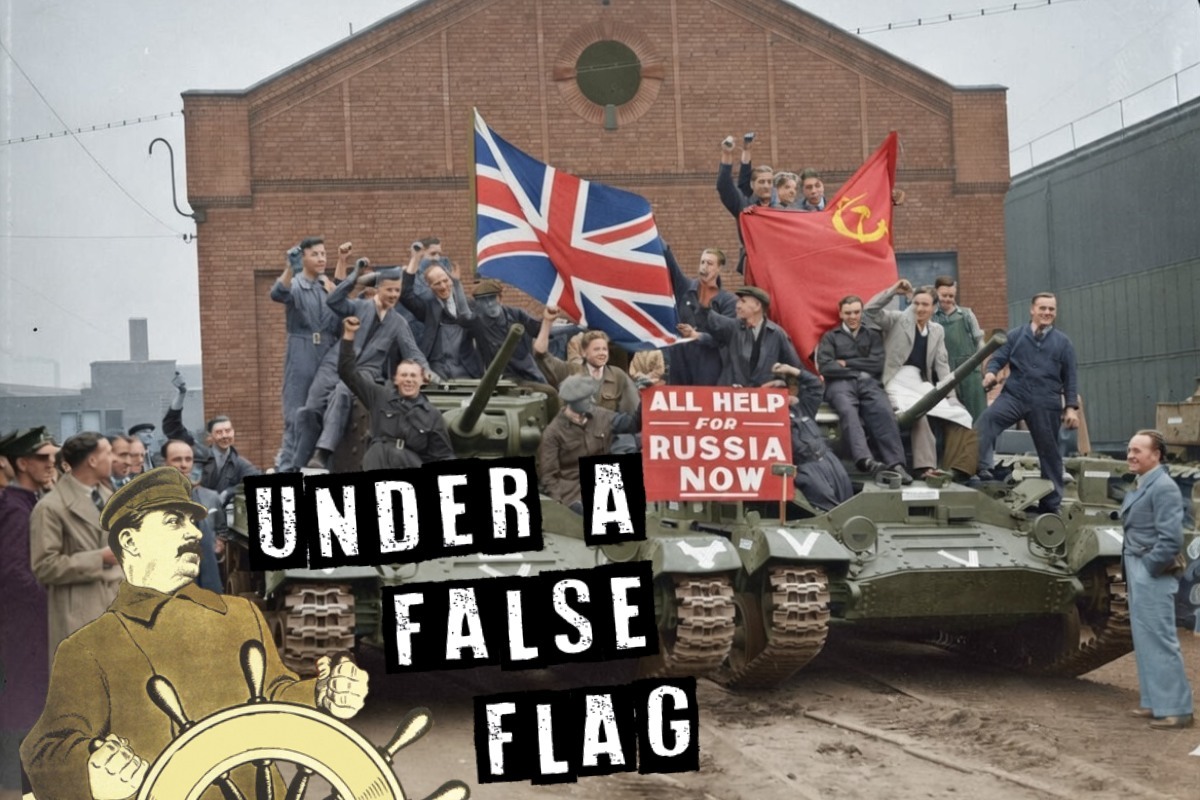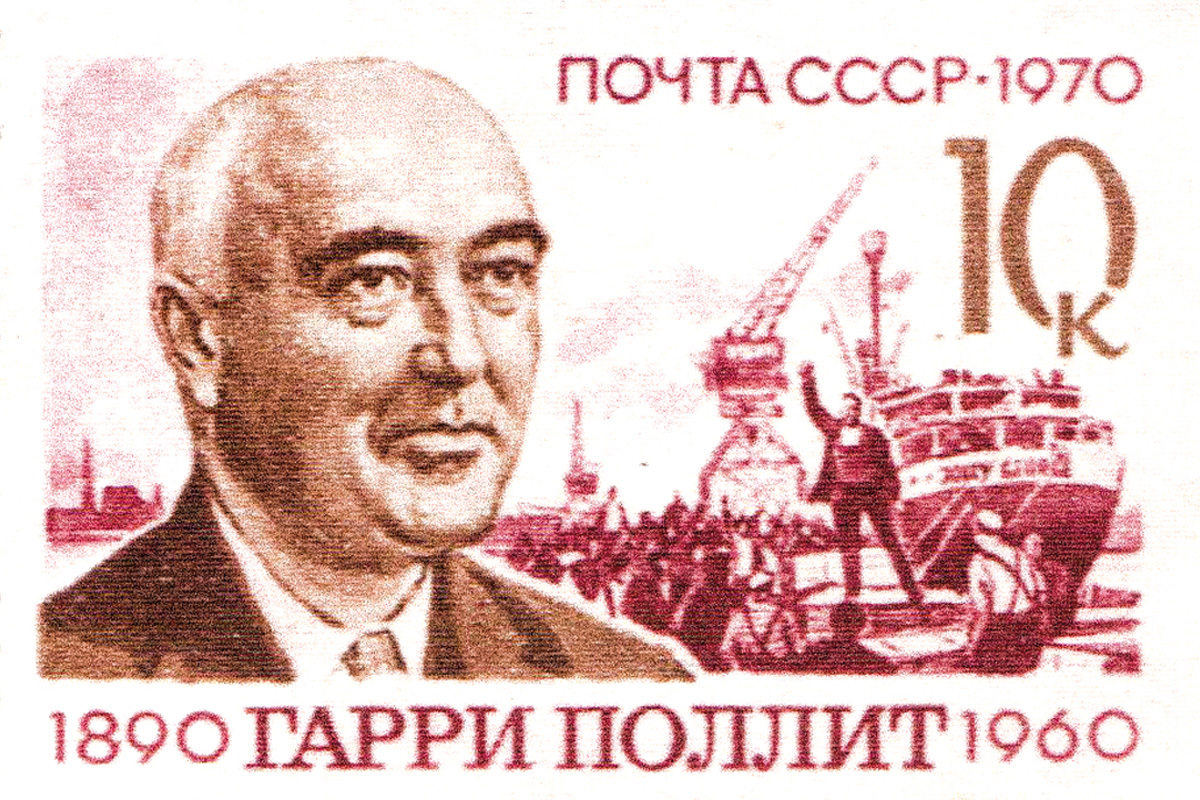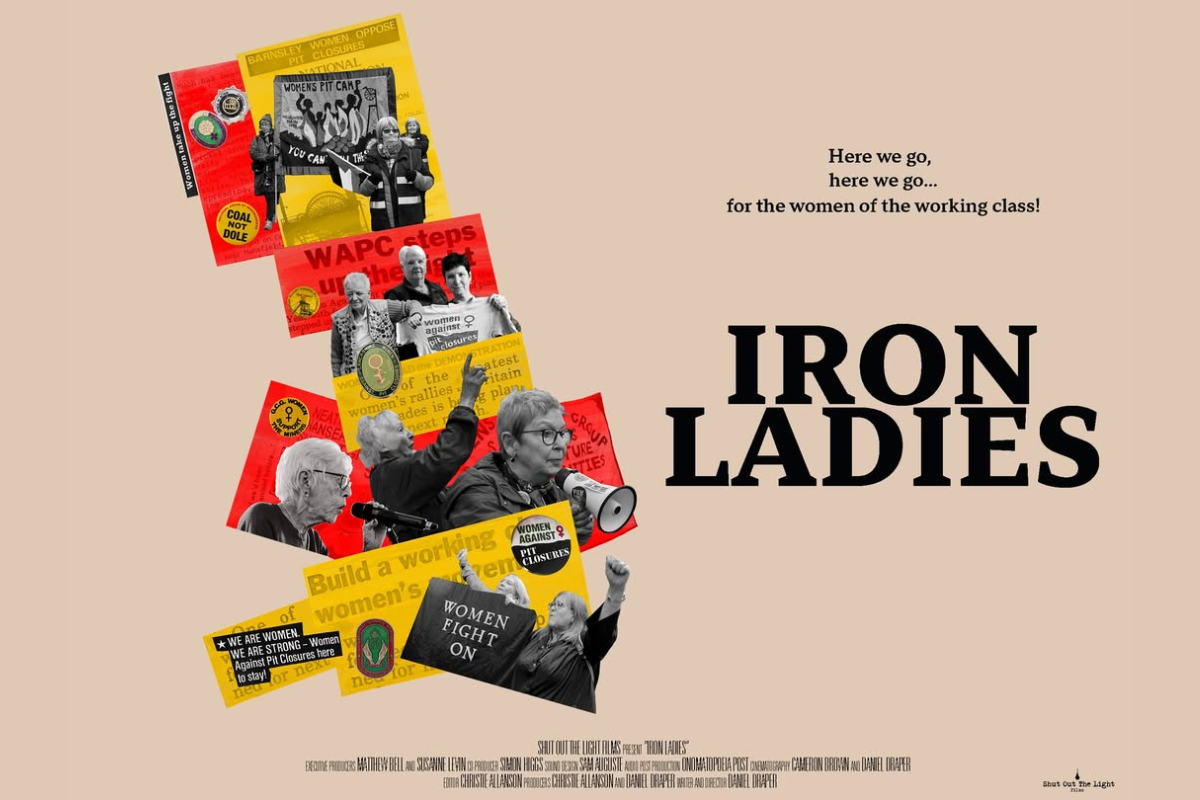Many of those who took part in the Miners Strike of 1984-5 were young men new to the industry. They were fighting for their futures. This is the personal story of just one of those who joined the strike and took part in the year-long struggle, a story that starts with the words he wrote in his diary the day after the ‘Battle of Orgreave’ where striking miners were brutally attacked by the forces of the state.
Many of those who took part in the Miners Strike of 1984-5 were young men new to the industry. They were fighting for their futures. This is the personal story of just one of those who joined the strike and took part in the year-long struggle. This article starts with the words he wrote in his diary the day after the ‘Battle of Orgreave’ where striking miners were brutally attacked by the forces of the state.
‘Miners were sitting or playing football in front of the state police line, suddenly police horses to our rear, great sheets of re-in forced plastic riot shields hiding the line of ‘Maggies’ men, also dogs to our left. ‘What’s the crack?’ the pickets asked, as the brave men with horses, dogs, weapons and the right to arrest innocent people with the charge of rioting, started provoking. After a few arrests, our question was answered after one picket was being smashed over the head by a couple of brave men, after he had been knocked over by a brave man on horseback. Our question was answered alright. Miners immediately replied to the provocation, as they ripped walls apart with their bare hands, pulled down lamp posts and dragged scrap cars from yards into the road.
The police banged their shields with their batons, wanting more, so it seemed; this need for aggro was short lived as their Maggie SS Officer reading the riot act for the last time. As the riot act was read for the last time twice more, reinforcements were sent for and we were eventually forced to the bridge. This is where the lamp posts and scrap cars were used.
About half hour of running each other followed, with us in boots or pumps and tee-shirts, them in uniform, with batons and shields and the power of arrest. Eventually they had to use their horses with riot snatch squads; squads behind like tanks and infantry men, as if in war time.After a short while we returned to our cars with over a hundred men missing through arrest or injury, then raced back to our strike centre to watch the news. Even the news showed provocation, although nothing was done about it! This was the ‘Battle of Orgreave’, I was proud to be there, proud to be a miner. No person there will forget or forgive the brave men in uniform that stood for Maggie that day. ‘
Ian Pyatt: 18th June 1984. Aged 18.
This short piece was written just after the day in question, in the front of my diary. Feelings were, of course running high and looking back I do not feel any less angry, neither any less proud of the fact we fought so hard; not for pay rises or to improve working conditions in this instance but for the future of our industry and for a future of many employed that supplied it.
This year marks the 30th Anniversary of The Miner’s Strike and, rightly so, much has been written and said about the vastly important work that was undertaken by the women. They came very much into their own during the strike and if not for their endeavours, our fight would have been over much earlier. I believe, as some of our leaders seemed to fade after the year long strike, the women grew in confidence, in strength and many went on to become leaders in their own right.
The last generation of miners
We were almost the last of generation of miners to come through. We had barely finished school and were swept into this scary political arena, which was almost as daunting as the conditions which we were becoming accustomed to. I left school in 1982, a year when unemployment was running high but I was lucky to be offered a place in The Royal Engineers as a junior leader in the British Army and a job in mining at Ireland Colliery. I chose the latter for job security. How ironic that, after barely two years, we were on strike for that very reason; almost laughable.
Collieries were being closed at an ever increasing rate. The government weren’t just closing unprofitable collieries; they were running the whole industry down. The arguments about a ballot will rage on forever and the miners that remember the votes in the early 80’s will always feel vindicated and argue against those that screamed for one.
I believe, however, that if the vote had gone to strike, certain areas would have done their own thing, as was the case in the 1970’s when the bonus schemes were adopted by some areas against national policy. The true facts of the matter were, we were a nationalised industry and the profitable collieries subsidised the unprofitable ones; exhausted collieries were closed without argument. Our whole economic fuel policy was in change and it was simply, in the words of an old miner, ‘put up or shut up!’
I was at the Derbyshire Miners’ offices when our area officials and delegates met. When they finally appeared, they declared the Derbyshire Area was supporting the strike against pit closures, so were ‘putting up’ I guess.
This was the start for me of a year where I did a lot of growing up very quickly and came to realise that politicians, police, lawyers and certainly the media actually did lie. I along with many other young miners gave up our nights out, our fashions, our normal life to fight tooth and nail for our futures. I don’t say for one minute we had it worse than those men and women with families and mortgages and bills to pay for, some of which took years to pay off and, of course, those whose relationships ended under the financial pressures of such a traumatic year.
Treated like criminals
All I would say though, is that it wasn’t exactly all beer and skittles for us either. Many were arrested for the first time in their young lives, some did time in prison; which simply would never have happened without the strike.
I saw lads arrested for simply being in the wrong place, doing absolutely nothing wrong. We were spoke to and treated like criminals by police, mainly the coppers from outside Derbyshire, some of whom had never even seen a colliery before in their lives and had no understanding of community spirit.
All, of course, to break us down and get us to go back to work and go back some invariably did. Some through desperation, some because they simply had had enough and didn’t believe we could possibly win with, so it seemed, everything and almost everyone against us.
It was the saddest day of my life at the time, the day before my 19th birthday on the 25th January, when my father regrettably returned to work. He did so for the reason, which took me years to appreciate; that he had less than a year until his early retirement and felt betrayed by the younger men that he was fighting for, who had given up months ago. I lived at home with my parents and a sister on an YTS scheme. You could say money was in short supply.
When we returned to work, men who had been friends for years fell out; some didn’t speak for ages; some – not many – never again. I personally felt betrayed by the leaders of the Deputies Union NACODS, who really could have made a difference. But, as the years have rolled by, I don’t feel any real anger. The ones that worked all the way through the dispute, in areas such as Nottingham and South Derbyshire (although some were on strike even there by the way) were ‘rewarded’ by the Tories, in exactly the same way as ourselves. We lost our jobs and our communities suffered for it.
For the lads that returned early, I don’t have issues anymore. A miner to me, no matter which area or country he is from, is a brother and always will be. But I am as proud today for myself and the ones that walked back into work under our banners on the 5th March 1985 with heads held high, totally vindicated in the efforts against pit closures.
Make no mistake, we lost, but more importantly our country lost. It was the start of a generation that accepted ‘a life on benefits’ and our communities suffered, as they do now, Arthur Scargill always argued that it wasn’t just an argument whether a pit was economic or not but the social cost That is why we find many old mining communities with food banks, modern day pawn shops and loan sharks thriving.
Next time your gas or electric bill falls through your door or you receive your email with the details, the amount you pay is the very reason for our failure back in 1984/85 for which I’m so sorry for but you know at least we ‘put up’ and gave it a go.






